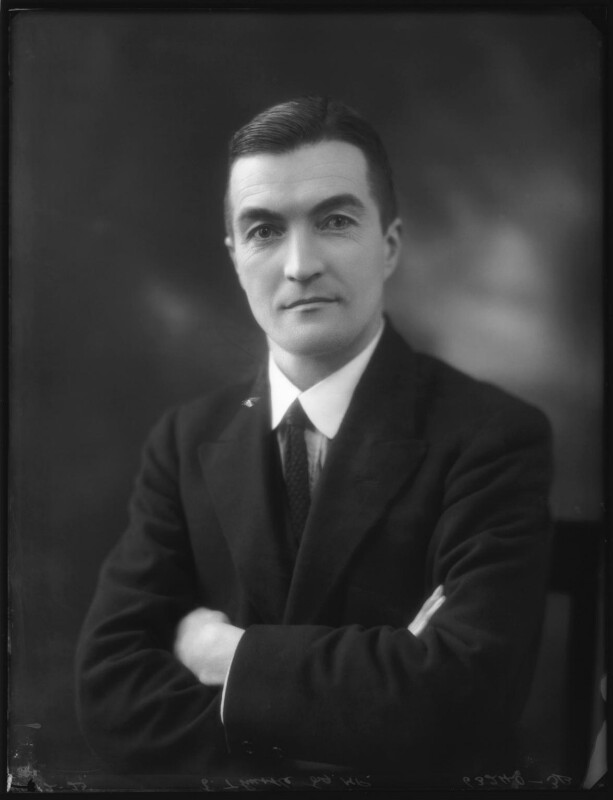in 100 Objects Back to list
Shootings at Dawn
1924
Short work by humanist politician Ernest Thurtle, who was instrumental in achieving the abolition of the death penalty for cowardice and desertion in the British Army.
1924
Short work by humanist politician Ernest Thurtle, who was instrumental in achieving the abolition of the death penalty for cowardice and desertion in the British Army.
Published as they were received, the letters which follow are plain, unvarnished tales, more eloquent in their recital of bald facts than any fine writing could be. They will, I feel confident, make all decent men and women who read them resolve to make an end of the Military Death Penalty.
Ernest Thurtle, Shootings at Dawn (1924)
Humanist and politician Ernest Thurtle was instrumental in bringing about the abolition of the death penalty for cowardice or desertion in the British Army, arguing for change on the basis of rational examination of the facts and the exercise of compassion. Thurtle first introduced a measure for abolition in 1924, which became Labour Party policy in 1925 and was approved by the House of Commons in 1930. Thurtle’s Shootings at Dawn: the army death penalty at work presented a collection of letters depicting the realities of capital punishment within the armed forces, seeking to bring the brutal reality before the general public and galvanise support for abolition. As Thurtle noted after one of the short letters: ‘Here is little more than a bald statement of facts, but these facts are eloquent.’ He concluded his short work by stating simply that ‘in these days no democracy has the right to shoot any man in cold blood, volunteer or conscript, because he is unable to withstand the horrors of modern war’. Thurtle’s appeal was for exercise of compassion and a respect for individual human rights. He recalled:
Recently, in the House of Commons, when I was giving some details of one of these miscarriages of justice, one member (I know not what manner of War Profiteer or callous Brass Hat he was) called out: “More sob Stuff.” I am well content that the men (particularly ex-Service men) and women of this country should decide whether these stories of military executions are “sob stuff,” or damning evidence against an injustice which cries aloud for remedy.

Other causes Thurtle championed were the abolition of the blasphemy laws, and the right to birth control. Dorothy Thurtle (née Lansbury), his wife, was also a fervent campaigner and a tenacious advocate of women’s right to abortion.
Thurtle’s ultimately successful campaign in abolishing the army’s death penalty was one part of wider, longstanding efforts by humanists for the abolition of capital punishment. Individuals like Henry S. Salt and Hypatia Bradlaugh Bonner, and organisations such as the Humanitarian League, actively campaigned for the end of the death penalty. The Ethical Union (now Humanists UK) was affiliated to the Howard League, which adopted abolition of the death penalty as one of its key priorities in 1923, two years after the League’s formation. In the 1960s, Sydney Silverman, a secularist, Labour MP, and leading campaigner for abolition of the death penalty, was instrumental in bringing about reform. In 1965, he introduced a Private Member’s Bill to suspend the death penalty for murder; a Bill sponsored in the House of Lords by humanist Barbara Wootton. The Murder (Abolition of Death Penalty) Act 1965 suspended the death penalty for murder in Great Britain (but not in Northern Ireland) for a period of five years, and was made permanent in 1969. In 1998, the UK formally abolished the death penalty for all crimes, as part of the Human Rights Act.
Shootings at Dawn by Ernest Thurtle (1924) | The Internet Archive